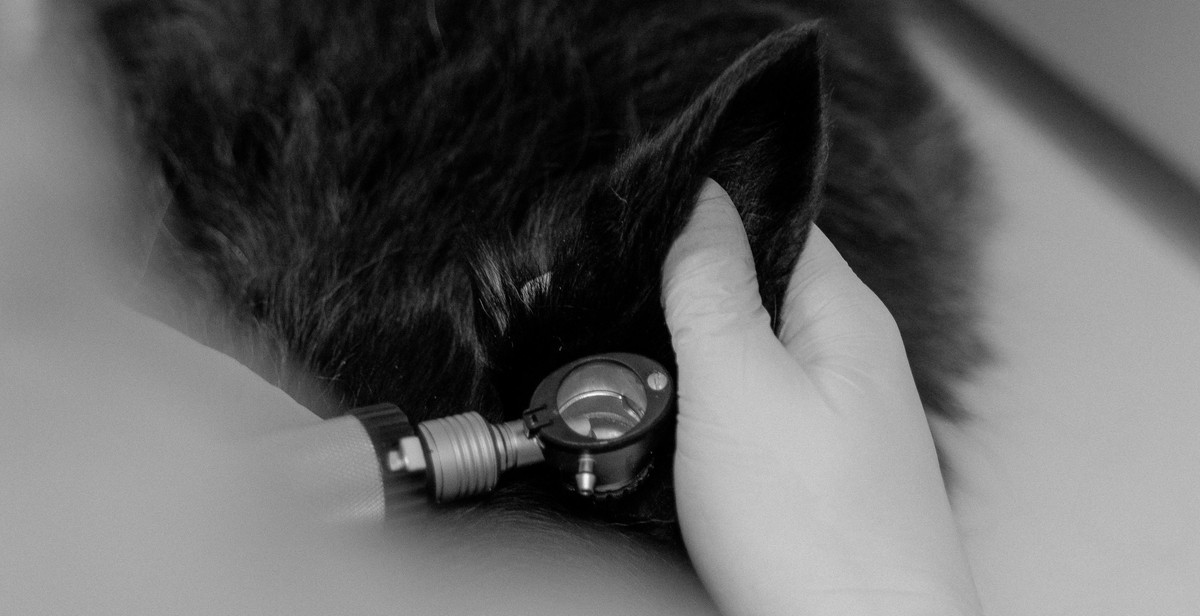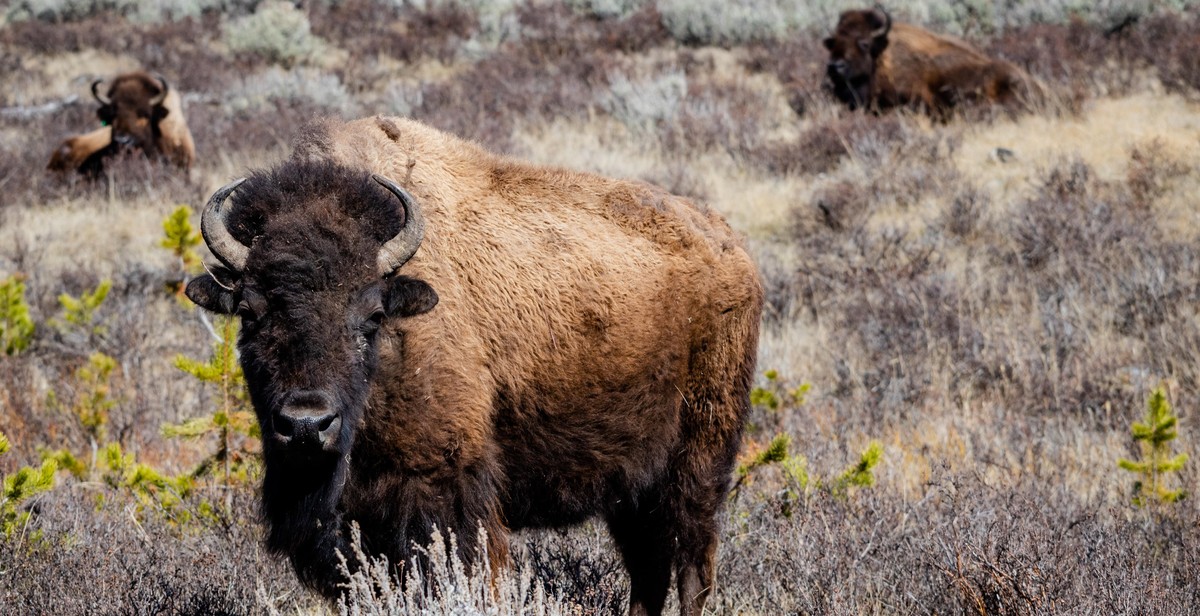How to Maintain a Healthy Buffalo Herd: Tips for Proper Nutrition and Health Care
As a professional buffalo rancher, I have gained extensive experience and knowledge about maintaining a healthy buffalo herd. Proper nutrition and health care are essential to ensure the longevity and productivity of your herd.
The Importance of Proper Nutrition
Buffalos are herbivores, and their diet should consist of high-quality forage, grass hay, and water. Proper nutrition is essential to maintain the health of your buffalo herd. A well-balanced diet will ensure that your buffalo herd gets the necessary nutrients to maintain optimal health and productivity.
Feeding Schedule
Buffalos should be fed twice a day, and the feeding schedule should be consistent. The amount of feed should be based on the weight and age of the buffalo. It is important to monitor the buffalo’s weight and adjust the feeding schedule accordingly.
Health Care
Buffalos are hardy animals, but they still require proper health care to maintain their health and prevent diseases. Regular checkups, vaccinations, and proper hygiene practices can help prevent diseases and keep your buffalo herd healthy.
Vaccinations
Buffalos should be vaccinated against common diseases such as brucellosis, tuberculosis, and anthrax. It is important to follow the recommended vaccination schedule and keep accurate records.
Hygiene Practices
Cleanliness and proper hygiene practices are essential to prevent diseases and maintain the health of your buffalo herd. Regular cleaning of the barns, feeding areas, and water sources can help prevent the spread of diseases.
Conclusion
Proper nutrition and health care are essential to maintain a healthy buffalo herd. By following the tips outlined in this article, you can ensure that your buffalo herd is healthy, productive, and profitable.

Understanding the Nutritional Needs of Buffalo
Proper nutrition is essential for the health and wellbeing of your buffalo herd. To maintain a healthy herd, it is important to understand their nutritional needs and provide them with a balanced diet that meets their requirements. Here are some key factors to consider when it comes to the nutritional needs of buffalo.
The Importance of Forage
Buffalo are primarily grazers and foragers, and their diet should consist mostly of high-quality forage. Forage provides the necessary fiber, energy, and nutrients that buffalo need to maintain their health. It is important to provide your herd with a variety of forage options, such as grasses, legumes, and hay, to ensure they are getting a balanced diet.
When selecting forage, it is important to consider the quality of the feed. High-quality forage will have a higher nutrient content, which is essential for the health and productivity of your herd. It is also important to ensure that the forage is free from mold, dust, and other contaminants that can be harmful to your buffalo.
Supplementing with Protein
While forage is the foundation of a buffalo’s diet, it may not always provide enough protein to meet their nutritional needs. Supplementing with protein can help ensure that your herd is getting the necessary nutrients to maintain their health and productivity.
Protein supplements can come in many forms, such as soybean meal, cottonseed meal, or alfalfa meal. It is important to select a protein source that is appropriate for your herd’s needs and to follow the manufacturer’s recommendations for feeding rates.
Supplementing with Minerals
Minerals are essential for many of the body’s functions, and buffalo require a variety of minerals to maintain their health and wellbeing. While some minerals may be present in forage, it is often necessary to supplement with additional minerals to ensure your herd is getting everything they need.
Mineral supplements can come in many forms, such as blocks or loose minerals. It is important to select a mineral supplement that is appropriate for your herd’s needs and to follow the manufacturer’s recommendations for feeding rates.
By understanding the nutritional needs of your buffalo herd and providing them with a balanced diet that meets those needs, you can help ensure their health and productivity for years to come.

Providing Proper Health Care
When it comes to maintaining a healthy buffalo herd, providing proper health care is crucial. This includes regular check-ups with a veterinarian, vaccinations, and deworming.
Vaccinations
Vaccinations are an important part of preventing disease in a buffalo herd. It is recommended to vaccinate against common diseases such as anthrax, blackleg, and brucellosis. These vaccinations should be given annually to ensure maximum protection.
It is also important to vaccinate against respiratory diseases such as pneumonia and shipping fever. These diseases can be deadly and can spread quickly through a herd.
Deworming
Deworming is another crucial aspect of maintaining a healthy buffalo herd. Parasites such as worms can cause a variety of health problems in buffalo, including weight loss, diarrhea, and even death.
It is recommended to deworm buffalo every three to six months, depending on the severity of the parasite infestation. Your veterinarian can help determine the best deworming schedule for your herd.
Regular Check-Ups with a Veterinarian
Regular check-ups with a veterinarian are important to ensure the overall health and well-being of your buffalo herd. During these check-ups, your veterinarian will perform a physical examination, assess the herd’s nutrition and overall health, and provide any necessary treatments or medications.
Your veterinarian can also provide guidance on proper nutrition and feeding practices to ensure that your buffalo herd is receiving the proper nutrients and minerals they need to stay healthy.
| Vaccine | Recommended Frequency |
|---|---|
| Anthrax | Annually |
| Blackleg | Annually |
| Brucellosis | Annually |
| Pneumonia/Shipping Fever | Every 6 months |
- Regular check-ups with a veterinarian are crucial to maintaining a healthy buffalo herd.
- Vaccinations should be given annually for maximum protection against common diseases.
- Deworming should be done every 3-6 months to prevent parasite infestations.

Maintaining a Clean and Safe Environment
One of the most important aspects of maintaining a healthy buffalo herd is ensuring that their living environment is clean and safe. This includes proper waste management and preventing and managing disease outbreaks.
Proper Waste Management
Buffaloes produce a significant amount of waste, and if not managed properly, it can lead to health issues for the animals and humans working with them. Here are some tips for proper waste management:
- Regularly clean and remove manure from the barns, paddocks, and pastures.
- Dispose of manure in designated areas away from water sources and grazing areas.
- Use composting methods to turn manure into fertilizer for crops.
- Ensure that water sources are kept clean and free of waste and debris.
Preventing and Managing Disease Outbreaks
Disease outbreaks can have devastating effects on a buffalo herd. Preventing and managing these outbreaks is crucial for maintaining a healthy herd. Here are some tips:
- Implement a vaccination program recommended by a veterinarian.
- Isolate sick animals and seek veterinary care immediately.
- Practice good biosecurity measures, including disinfecting equipment and limiting visitors to the farm.
In addition, it’s important to monitor the herd for any signs of illness or disease and take action quickly to prevent it from spreading.
| Disease | Symptoms | Prevention |
|---|---|---|
| Bovine tuberculosis | Coughing, weight loss, lethargy | Vaccination, testing, culling infected animals |
| Brucellosis | Abortion, infertility | Vaccination, testing, culling infected animals |
| Foot-and-mouth disease | Fever, blisters on mouth and hooves | Vaccination, quarantine, culling infected animals |
By implementing proper waste management practices and taking steps to prevent and manage disease outbreaks, you can help maintain a clean and safe environment for your buffalo herd and ensure their overall health and well-being.

Conclusion
Proper nutrition and health care are crucial for maintaining a healthy buffalo herd. By providing your buffaloes with high-quality feed and clean water, you can ensure that they receive the necessary nutrients for optimal growth and health. Additionally, regular check-ups by a veterinarian can help identify and treat any potential health issues before they become serious problems.
It’s important to remember that every buffalo herd is unique, and the specific nutritional and health care needs may vary depending on factors such as age, gender, and environment. By working closely with a veterinarian and monitoring your herd’s health and well-being, you can make informed decisions about their care and ensure that they live long, healthy lives.
Don’t forget that maintaining a healthy buffalo herd also involves providing them with a safe and comfortable living environment. This includes proper fencing, shelter, and adequate space to roam and graze. By prioritizing their well-being, you can enjoy the benefits of a thriving buffalo herd for years to come.
Remember, a healthy buffalo is a happy buffalo. And a happy buffalo means a successful and profitable buffalo farm. So, invest in their nutrition and health care, and watch your herd thrive.
